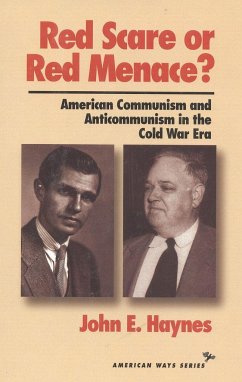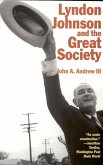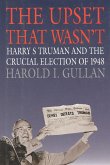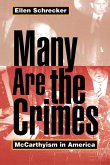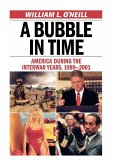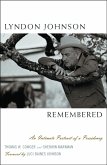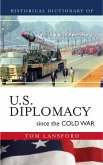Anticommunism was a pervasive force in America during the cold war years, influencing domestic politics, the conduct of foreign policy, the nuclear arms race, and a myriad of social and economic circumstances. In this succinct survey, John E. Haynes traces the origins of American attitudes toward communism in the 1920s and 1930s, the rise of a full-blown cause in the years following World War II, and the relative decline of anticommunism as a political issue in the sixties and seventies. As one of a handful of American scholars allowed to review documents in newly opened archives once held by the Soviet Union, Mr. Haynes uses fresh evidence throughout in shedding new light on the U.S. confrontation with communism at home. After describing the buildup of the American Communist party in the twenties and thirties, he focuses on the heyday of popular anticommunism from 1945 to 1960. Along the way he touches on the chief episodes, personalities, and institutions of cold war anticommunism, showing how earlier campaigns against domestic fascists and right-wingers provided most all of anticommunism's tactics and weapons. And he dissects the various anti-Communist constituencies, analyzing their origins, motives, and activities. From the Soviet archives, Mr. Haynes draws on new and indisputable evidence that the Soviet Union heavily subsidized the American Communist party from its earliest days; maintained an underground organization in Washington in the 1930s that reported to American party leaders and in turn to Moscow on U.S. government activities; and placed American party members in the wartime Office of Strategic Services and Office of War Information, the government's chief intelligenceand propaganda agencies. He also confirms much of Elizabeth Bentley's 1940s accusations of Communist infiltration in government.
Hinweis: Dieser Artikel kann nur an eine deutsche Lieferadresse ausgeliefert werden.
Hinweis: Dieser Artikel kann nur an eine deutsche Lieferadresse ausgeliefert werden.

